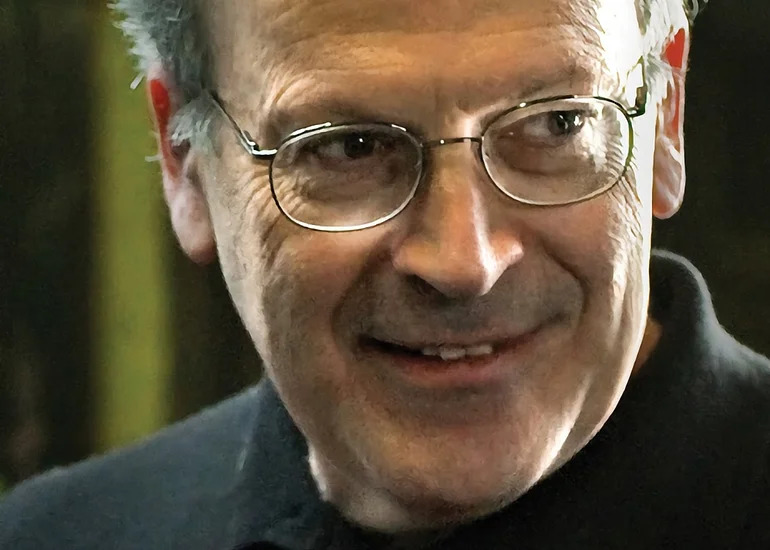
New Center for Artificial Intelligence and Machine Learning (CAIML)
December 2nd 2021
- 16:00 – 20:00
- TU Wien, Campus Karlsplatz, Kuppelsaal 1040 Vienna, Karlsplatz 13
- This is a hybrid event.
The newly founded “Center for Artificial Intelligence and Machine Learning” (CAIML) has the aim to bundle and strengthen research activities in Artificial Intelligence and Machine Learning both in their foundations as well as in applications and to establish TU Wien as a center of excellence for Artificial Intelligence and Machine Learning. The center consists of three thematic pillars: (1) methods of symbolic AI, (2) methods of machine learning, and (3) explainable AI and AI aspects in the context of digital humanism. The CAIML board comprises twelve internationally renowned researchers in the faculties of Informatics and of Mathematics and Geoinformation of TU Wien.
The opening of CAIML takes place on Thu, December 2, 2021 at 16:00 CET (15:00 UTC), in the Kuppelsaal of TU Wien. Registration is required for in-person attendance, please see notes below for details and COVID-19 measures. Or join us via Zoom (Meeting ID: 998 0978 1847).
The opening is co-located with the 4th Workshop on Digital Humanism.
Program
16:00 — Welcome & Introduction
Sabine Seidler, Rector of TU Wien
Gerti Kappel, Dean of the Faculty of Informatics
Wolfgang Wagner, Dean of the Faculty of Mathematics and Geoinformation
16:30 — Keynote Talk (via Zoom)
How to Augment Supervised Learning with Reasoning
By Leslie Valiant, Harvard University, UK
Supervised learning is a cognitive phenomenon that has proved amenable both to theoretical analysis and exploitation as a technology. However, not all of cognition can be accounted for directly by supervised learning. The question we ask here is whether one can build on the success of machine learning to address the broader goals of artificial intelligence. We regard reasoning as the major component of cognition that needs to be added. We suggest that the central challenge therefore is to unify the formulation of these two phenomena, learning and reasoning, into a single framework with a common semantics. In such a framework one would aim to learn rules with the same success that predicates can be learned by means of machine learning, and, at the same time, to reason with the rules with guarantees analogous to those of standard logic. We discuss how Robust Logic fulfills the role of such a theoretical framework. We also discuss the challenges of testing this experimentally on a significant scale, for tasks where one hopes to exceed the performance offered by learning alone.
About Leslie Valiant
Leslie Valiant was educated at King’s College, Cambridge; Imperial College, London; and at Warwick University where he received his Ph.D. in computer science in 1974. He is currently T. Jefferson Coolidge Professor of Computer Science and Applied Mathematics in the School of Engineering and Applied Sciences at Harvard University, where he has taught since 1982. Before coming to Harvard he had taught at Carnegie Mellon University, Leeds University, and the University of Edinburgh. His work has ranged over several areas of theoretical computer science, particularly complexity theory, learning, and parallel computation. He also has interests in computational neuroscience, evolution and artificial intelligence and is the author of two books, Circuits of the Mind, and Probably Approximately Correct. He received the Nevanlinna Prize at the International Congress of Mathematicians in 1986, the Knuth Award in 1997, the European Association for Theoretical Computer Science EATCS Award in 2008, and the 2010 A. M. Turing Award. He is a Fellow of the Royal Society (London) and a member of the National Academy of Sciences (USA).
17:30 — Break
17:50 — Presentation of CAIML
Clemens Heitzinger, Head of Machine Learning and Uncertainty Quantification Group
Stefan Woltran, Head of Databases and Artificial Intelligence Group
18:00 — Panel Discussion
AI Between Scientific Research And Societal Impact
Gerhard Friedrich, University of Klagenfurt, Austria
James Larus, EPFL, Switzerland
Helga Nowotny, Former President of the European Research Council
Paul Timmers, University of Oxford, UK and European University Cyprus
19:00 — Closing Remarks
Afterwards, get together with snacks and drinks…
Hybrid Event
Starts on Thu, December 2, 2021 at 16:00 CET (15:00 UTC), in the Kuppelsaal of TU Wien
Registration is required for in-person attendance
Or join us via Zoom, Meeting ID: 998 0978 1847
Working language of the event is English
COVID-19 Measures
All measures required by law at the time of the event apply. When you enter the building, we need to validate your vaccination status (2.5G, as of Nov 12), and before we can let you into the lecture room, we need to check the contact information you provided during your online registration. Wearing an FFP2 mask during the event is recommended but not mandatory.
If you registered for in-person attendance but later change your mind or decide to join via Zoom instead, please either cancel your registration or contact us via email. — Thank you!
Contact
Clemens Heitzinger, clemens.heitzinger@tuwien.ac.at
Stefan Woltran, stefan.woltran@tuwien.ac.at
Want to receive invites to future events like this one? Simply subscribe to our newsletter, or follow us on social media, and you’re good to go.




